Speakers - Tuesday 12 November
Immunoregulation
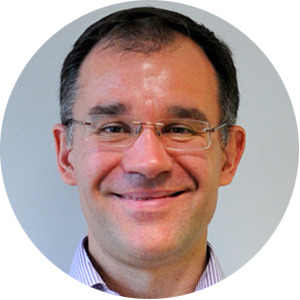
Simon Fillatreau
Paris, France
+
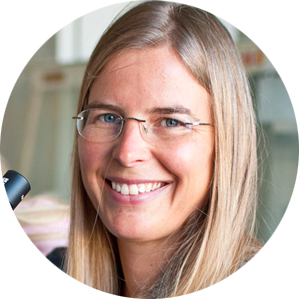
Anne Müller
Zurich, Switzerland
+
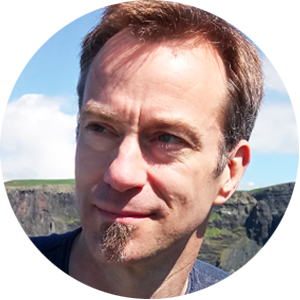
Derk Amsen
Amsterdam, The Netherlands
+
Innate control of inflammation
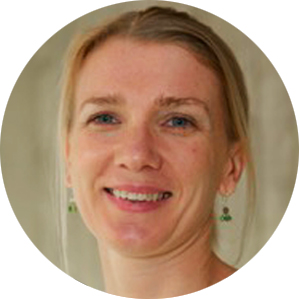
Sophie Laffont
Toulouse, France
+
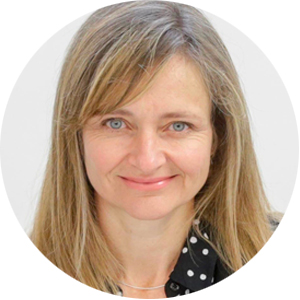
Sophie Ugolini
Marseille, France
+
Session DGFI (Deutsche Gesellschaft für Immunologie)
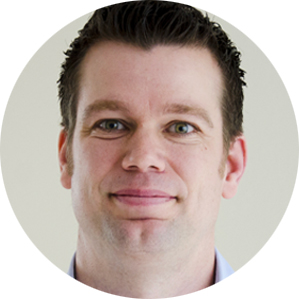
Dirk Brenner
Luxembourg, Luxembourg
+
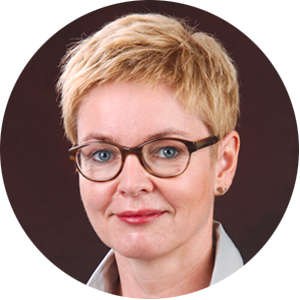
Birgit Sawitzki
Berlin, Germany
+
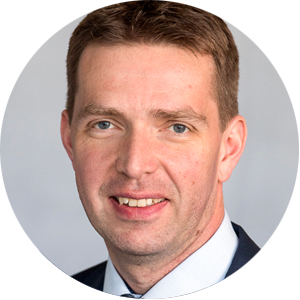
Dietmar Zehn
Freising/Munich, Germany
+
Single-cell analysis and handling Big Data
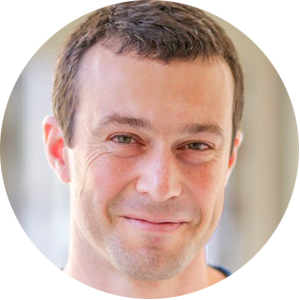
Pierre Milpied
Marseille, France
+
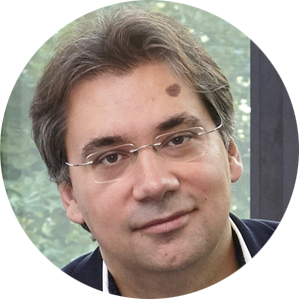
Andrei Zinovyev
Paris, France
+
Transplantation
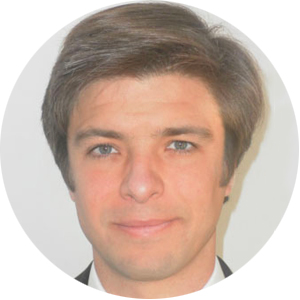
Olivier Thaunat
Lyon, France
+
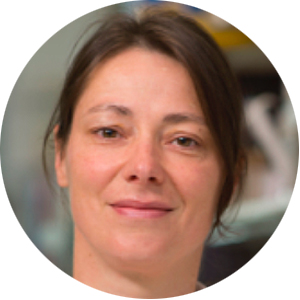
Menna Clatworthy
Cambridge, UK
+
Cancer Immunology
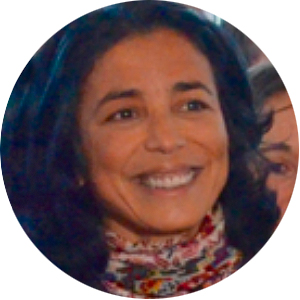
Miriam Merad
New-York, USA
+
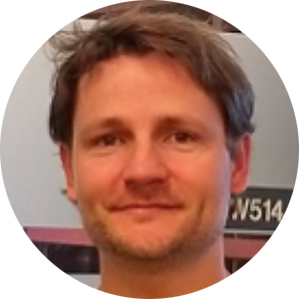
Alexandre Boissonnas
Paris, France
+
Cancer Immunotherapy
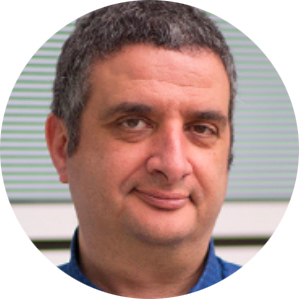
Éric Tartour
Paris, France
+
Germinal Center Club
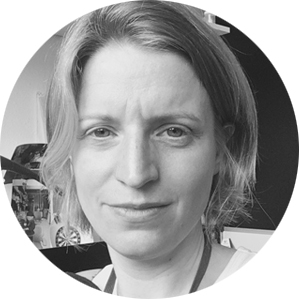
Céline Delaloy
Rennes, France
+
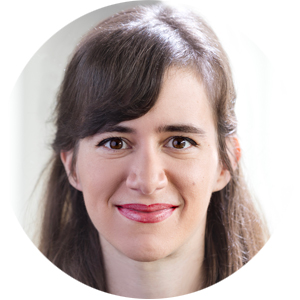
Julia Jellusova
Freiburg, Germany
+
Neuro-Immunology Club
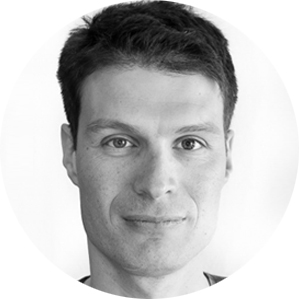
Doron Merkler
Geneva, Switzerland
+
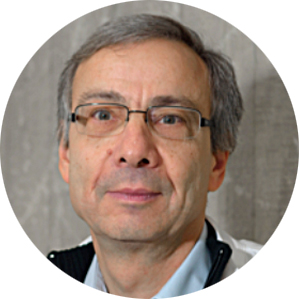
Roland Liblau
Toulouse, France
+
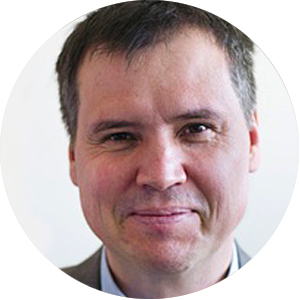
Alexander Flügel
Goettingen, Germany
+
Mast Cells-Basophil Club
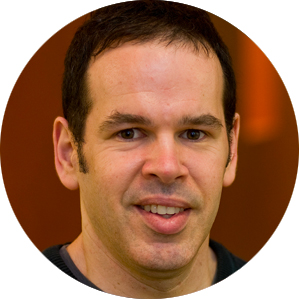
Adrian Piliponsky
Seattle, USA
+
